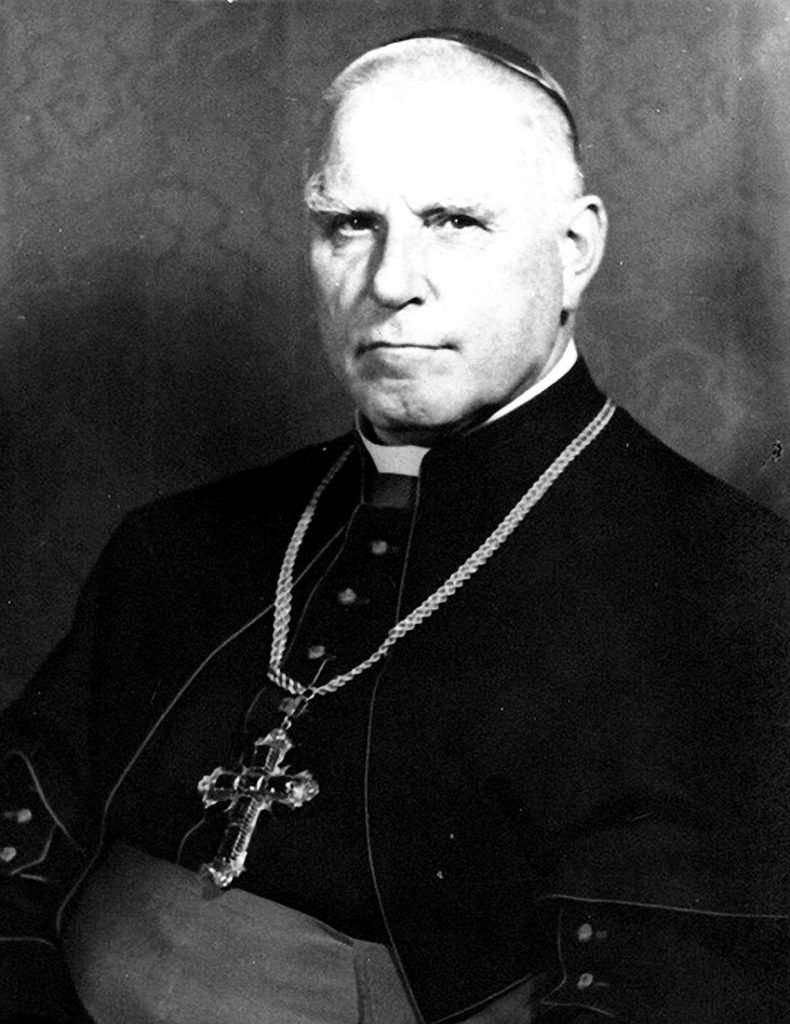Raise your hand if you have crisis fatigue. Even before the election results were in, there seemed to be a tendency in the media and in the general population as well to gravitate from one crisis to the next. Regardless of which side of the political fence one is on — or if one is actually sitting on top of the fence — things may be interesting, but when compared to other times in history, it’s not so bad. And keeping that fact in perspective is critical for maintaining one’s sanity.
When the crisis syndrome really ramps up, the ultimate card is played — the Hitler card. It’s kind of a perverse shame when you think about it, because if everyone is Hitler then nobody is. Hitler and national socialism were very real things and very bad things indeed. Just to be clear, in the course of this missive I am not calling anyone Hitler or a fascist other than Hitler and fascists.
Despite its obsessive overuse across all media and within the bubble of guerrilla street theater, people just can’t seem to control themselves from equating opponents with national socialism and calling down the thunder of a name and visage that has launched a thousand paperback thrillers. But even though the people marching in protest on the streets of American cities vent their outrage and color their opposition in the most fascistic hues, when they are finished with their march they peaceably return to their dorm rooms, apartments and homes, and to their classrooms, jobs and everyday lives. If people hit the streets of Berlin in 1936 and protested, they wouldn’t be protesting for very long.
An excellent perspective accelerator is a book called “The Lion of Munster” written by Father Daniel Utrecht. The book chronicles the life of the Bishop of Münster, Germany, the Blessed Clemens August Count von Galen. That’s a mouthful and it is a name fitting a noble man of the Church who stood about 6 feet 6 inches tall and took over an archdiocese during the rise of the real Adolf Hitler and the Nazi Party.
Born from an aristocratic family with a deep Catholic identity, Bishop von Galen seemed destined for the priesthood. And although his German identity was nearly as strong as his faith, he faced increasing pressure from the regime that encouraged violence against him, closed his school system and openly attempted to reimagine Catholic youths as proper Aryan martinets. He was a man who, like Thomas More, had to be extremely careful with his words because government agents infiltrated every Mass to hear his sermons, looking for an excuse to arrest him. He fought bravely in his sermons, admonishing his flock to maintain their Catholic identity and to not fall into the trap of the promised socialist utopia, racial purity and total submission to the state that the Nazi Party sold so well.
Imagine taking Bishop von Galen’s place and having this said about you by the real Hitler: “Bishop von Galen knows full well that after the war I shall extract retribution to the last farthing.” In a weird kind of way that was high praise for Bishop von Galen, as it has been said that you can tell a lot about a person not only by the friends he fosters, but also by the enemies he earns. And Bishop von Galen “earned” the enmity of Hitler and the Nazi Party over the course of the entire war.
Bishop von Galen didn’t protest in the street. That would have been as pointless as it would have been brief. He used his words sparingly and cleverly to avoid Gestapo intervention, while never losing his identity as the conscience of his flock. By doing so, he quietly saved a countless number of souls.
Bishop von Galen survived the war and was almost immediately appointed a cardinal by Pope Pius XII. Sadly, he died from complications of appendicitis in 1946. He had led no divisions and organized nary a single march, yet this man of quiet resolve and faith navigated difficult waters indeed, and he remained a constant shepherd to his flock even when his flock was surrounded by wolves.
In 2005, he was beatified by Pope Benedict XVI, who said at the ceremony, “[Cardinal von Galen] drew insight and courage from the faith that showed him the truth and opened his heart and eyes.”
Good antidote to crisis mode.

